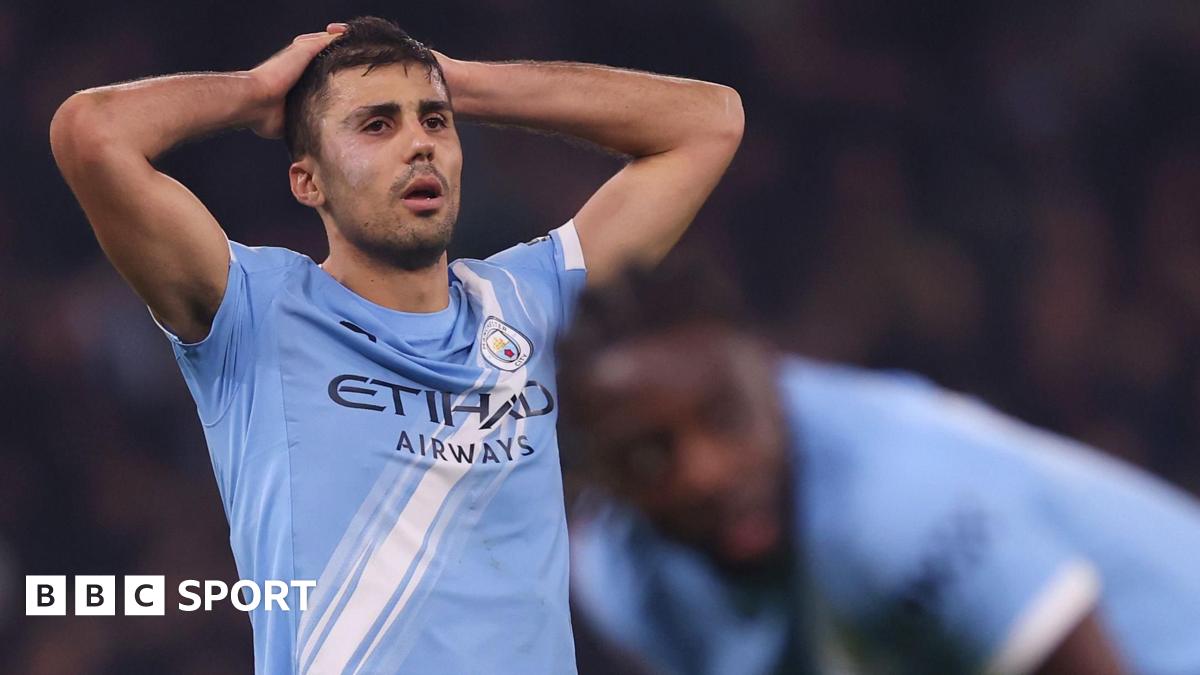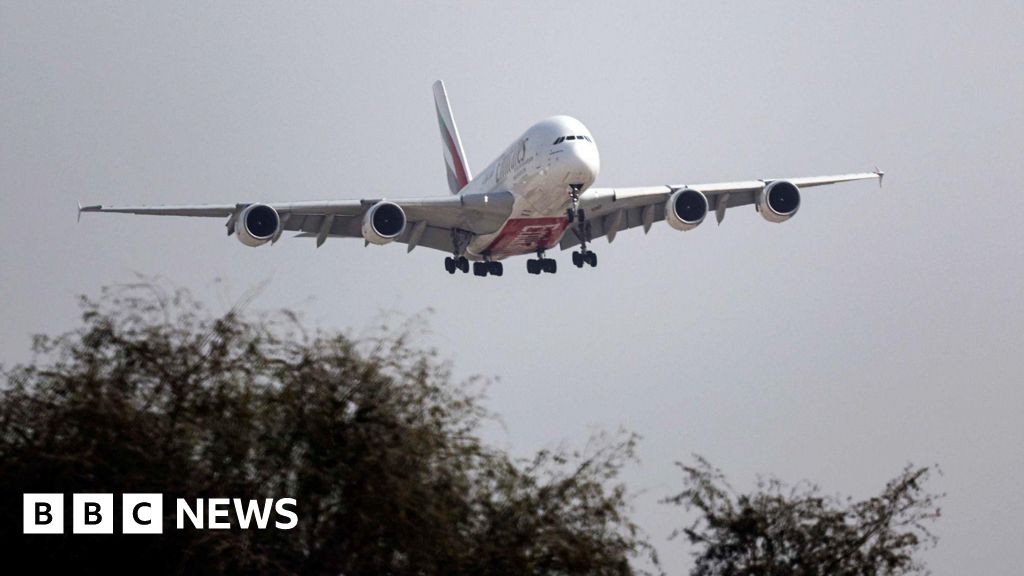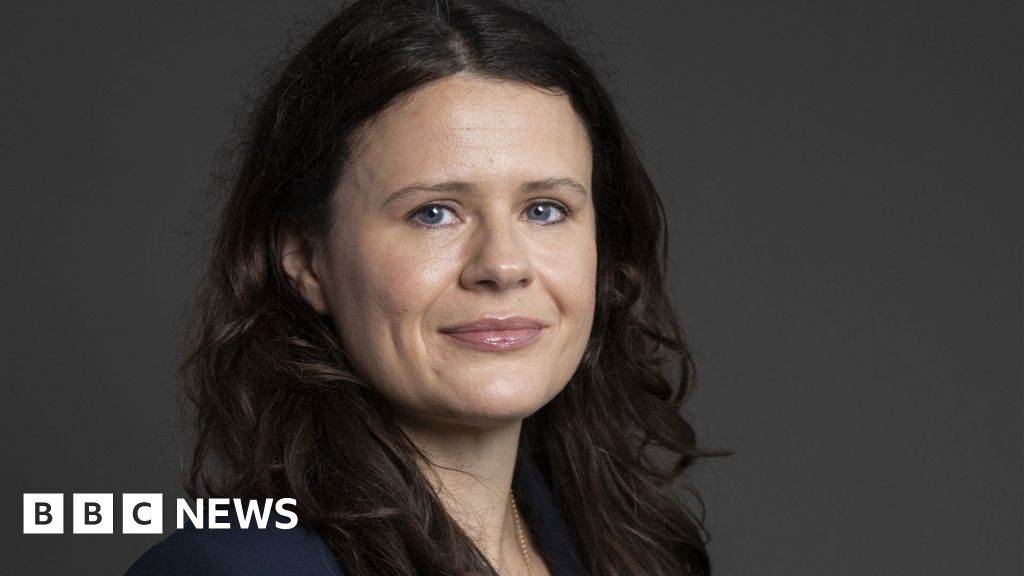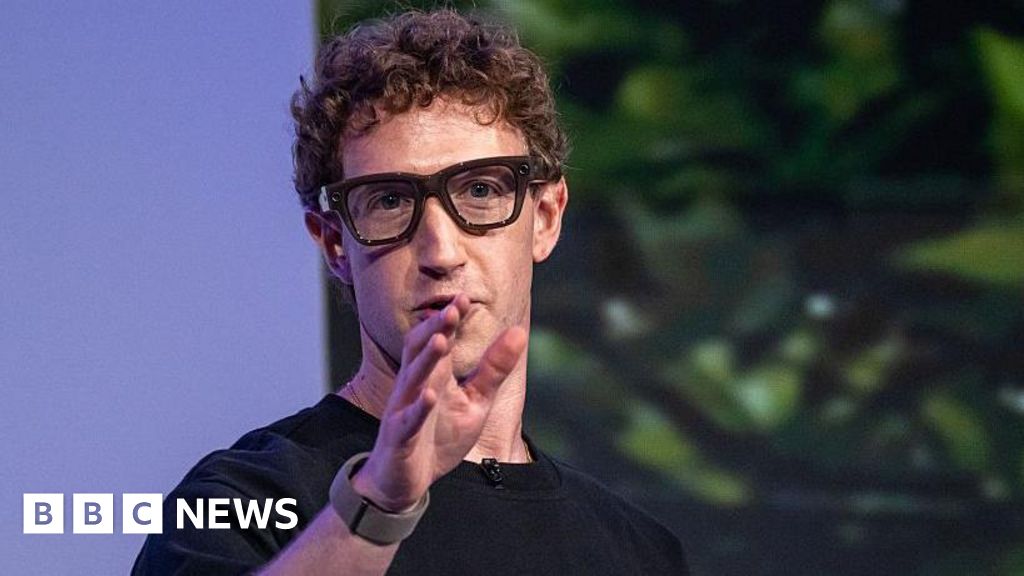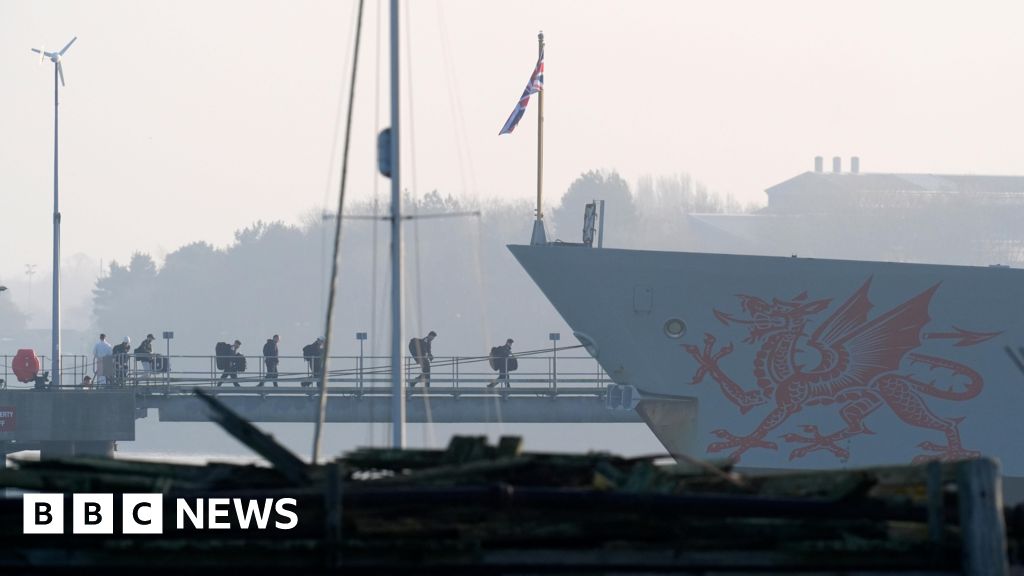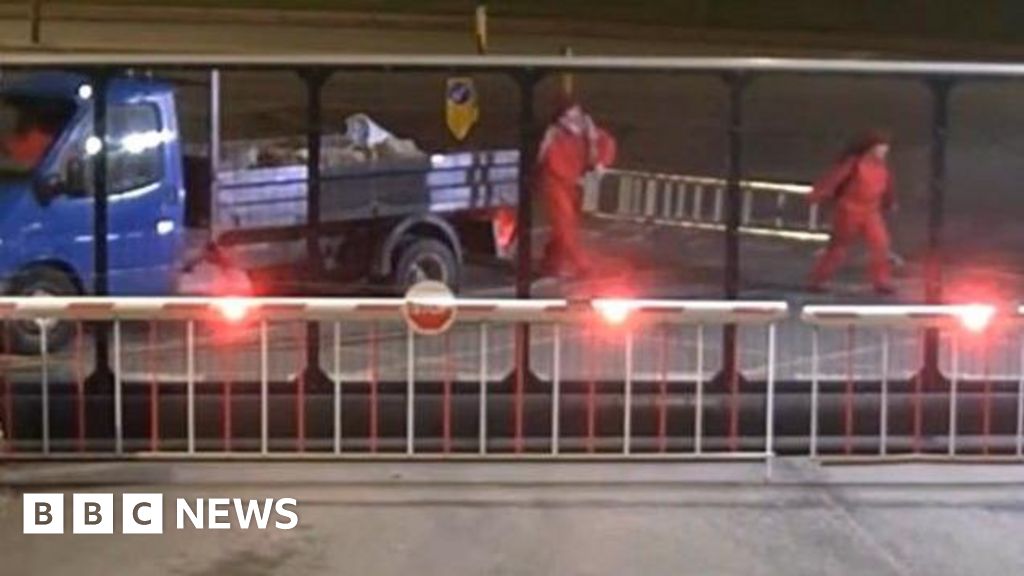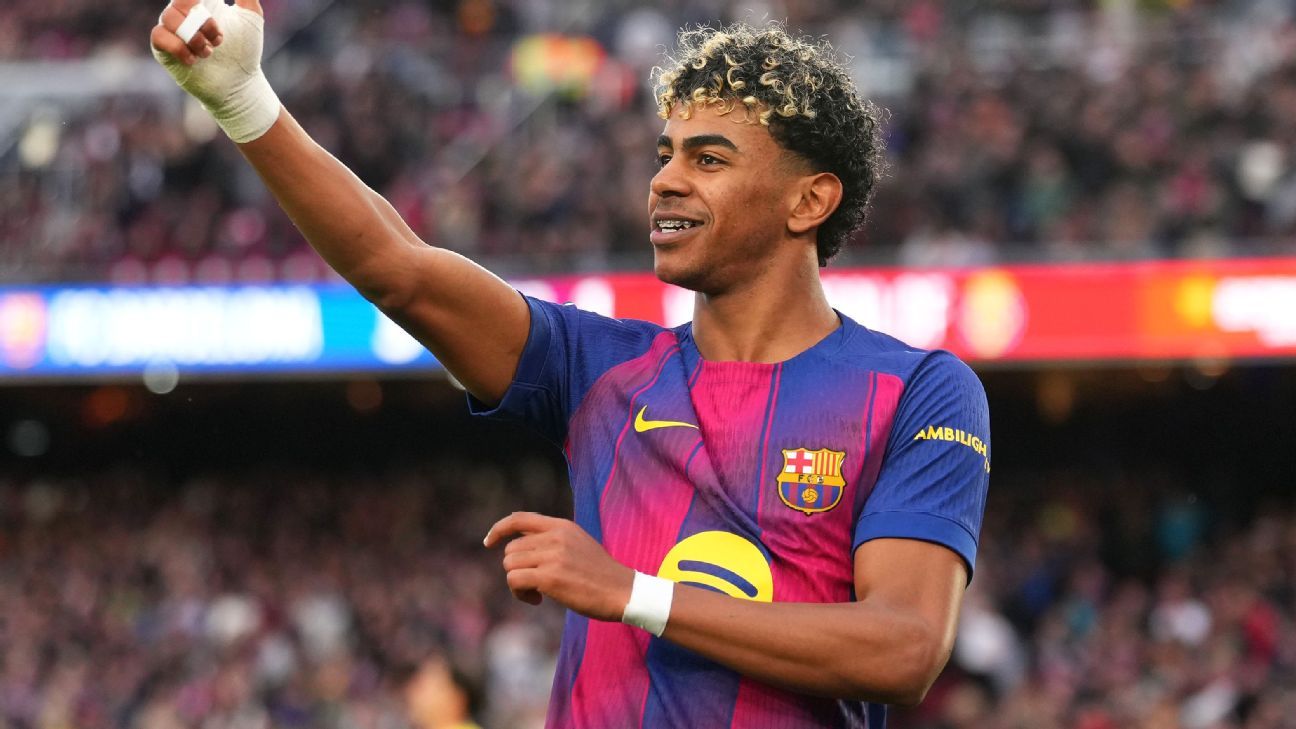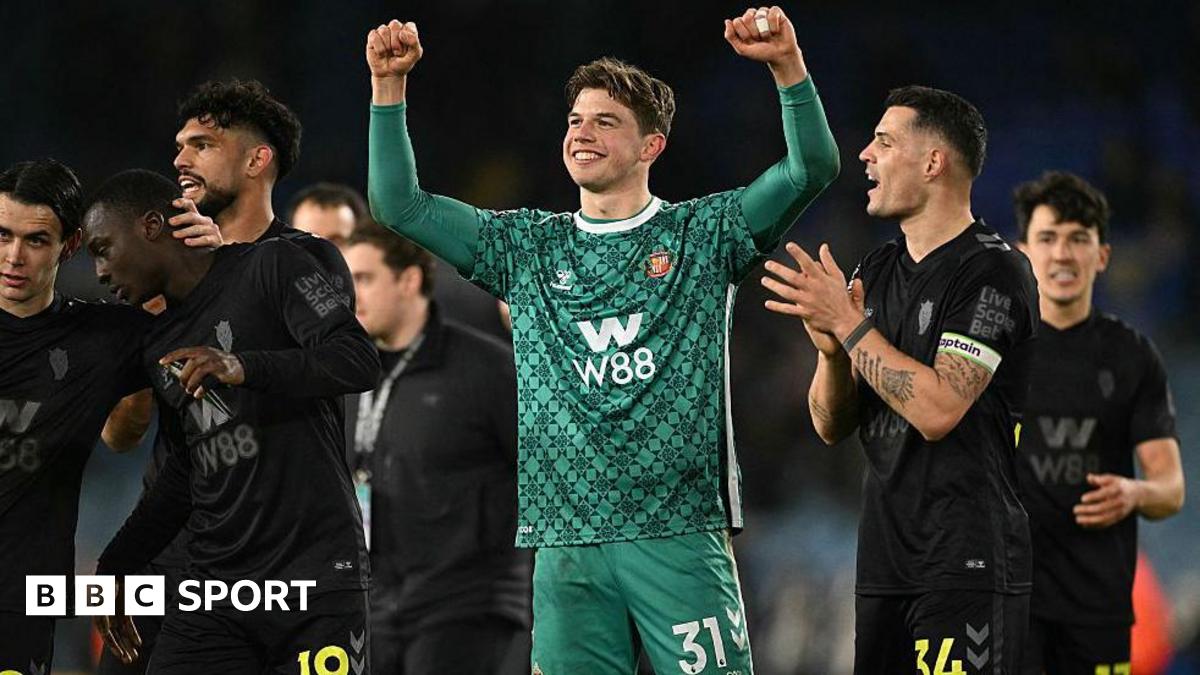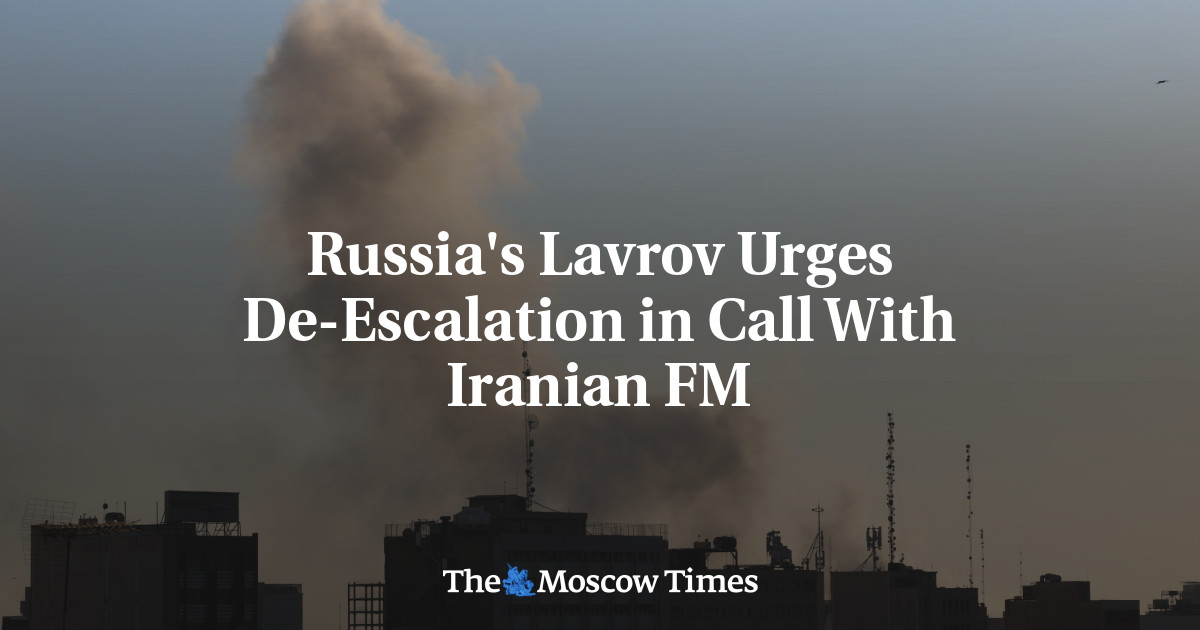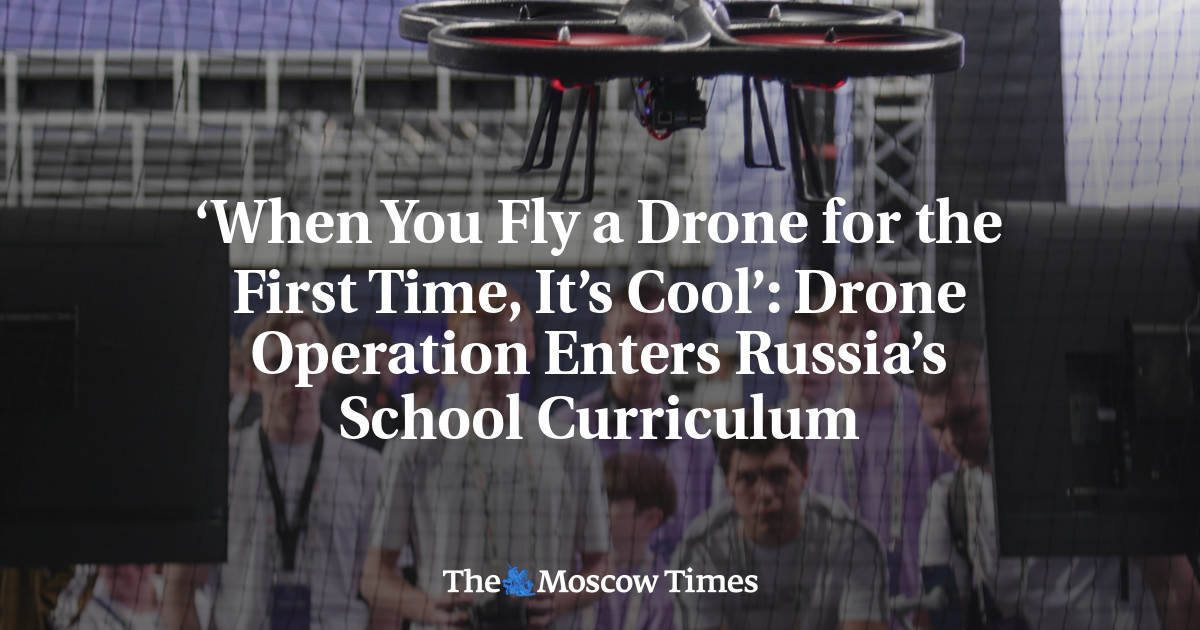Julian O'NeillBBC News NI crime and justice correspondent

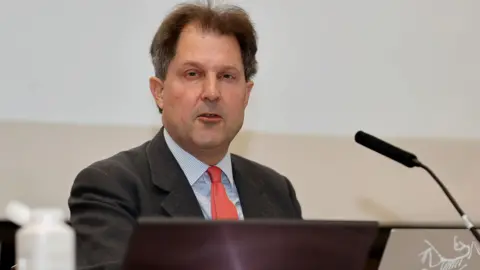 PA Media
PA Media
Angus McCullough KC delivered his review of covert police surveillance on Wednesday
Concerns have been raised over how the Police Service of Northern Ireland (PSNI) used journalists' phone numbers to check for any leaks of information by its officers or staff.
A 200-page report also revealed there were 21 unlawful uses of covert powers to attempt to uncover reporters' sources – double the figure previously disclosed.
Its author, lawyer Angus McCullough KC, said he found that the PSNI's surveillance of journalists and lawyers is not "widespread or systemic".
PSNI Chief Constable Jon Boutcher said the report "rightfully highlights that we have to improve our processes, and we will".
Mr Boutcher added that he was "pleased" that the review did not identify systemic surveillance, but did find "individual authorisations where we as a police service could have done better".
In the report, Mr McCullough was critical of "particular instances" and "some areas of practice".
The report covered PSNI surveillance practices between 2011 and 2024.
Last year, Mr McCullough was asked to carry out an independent review by Mr Boutcher.
It followed legal action by journalists Barry McCaffrey and Trevor Birney and allegations that other journalists, and lawyers, might have had their phones monitored.
The PSNI previously admitted 10 attempts to use the communications data of journalists to try to identify their sources.
But the report found 21 instances, all pre-2015, which are "considered unlawful" and which relate to eight journalists, including Mr McCaffrey.

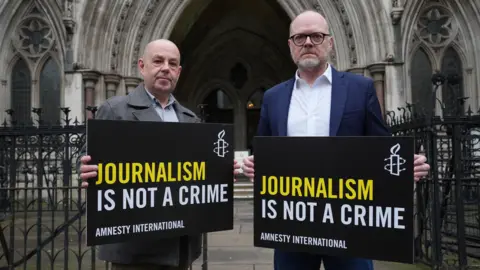 PA Media
PA Media
Barry McCaffrey (left) and Trevor Birney (right) outside the Royal Courts of Justice, London, last year
In 2017, Mr Birney and Mr McCaffrey produced a documentary about the loyalist murders of six Catholic men as they watched a football match in a pub in Loughinisland in County Down in 1994.
No Stone Unturned was made by Belfast-based production company, Fine Point Films and directed by Oscar winner, Alex Gibney.
It examined how the Royal Ulster Constabulary (RUC) handled the case and made use of confidential documents from the Police Ombudsman for Northern Ireland (PONI) - a watchdog which investigates police conduct.
The PSNI treated the leak of PONI documents as theft.
A year later the two journalists were arrested.
They said their arrests were "an attack on the press" and challenged the way they were treated in court, winning substantial damages amounting to £875,000.
However, through legal disclosure material surfaced which revealed details of surveillance against them and other journalists.
Freedom of expression
Speaking at the report's launch, Mr McCullough said there had been concerns of the effect the arrests could have on investigative journalism in Northern Ireland.
"Two journalists who had been investigating mass murder and allegations of state collusion had been arrested and subject to covert measures and surveillance of a suspected source", the barrister said.
"The right of freedom of expression - including the freedom for journalists and civil society to examine the actions of the state - is fundamental to democracy."
'Lack of awareness'
The report also raised issues around the use of journalists' phone numbers, which had been provided to the PSNI's press office.
Between 2011 and 2023, the numbers were "washed through" police systems to detect any unauthorised contact between PSNI officers or staff and journalists.
This was referred to as pro-active "defensive operations" against leaks.
At one point, in 2011, it involved checking 65,000 calls against 383 journalists' numbers.
The report states: "No legal advice appears to have been sought in relation to the legality or propriety of the practice.
"There seems to have been a lack of awareness until very recently that it might give rise to issues in relation to data protection and the rights of those whose data was being used unknowingly.
"This practice does not appear to have been necessary or proportionate.
"The scale and duration of defensive operations is a significant concern."

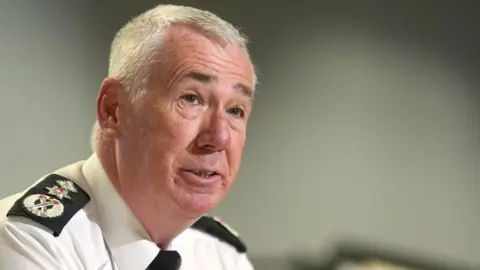 PA Media
PA Media
PSNI Chief Constable Jon Boutcher asked Angus McCullough to carry out the independent review
Mr McCullough said the PSNI should consider self-reporting the matter to the UK's data protection watchdog, the information commissioner.
He noted the practice was only formally discontinued in May of last year.
Investigative journalist Donal MacIntyre is named in the report as having been the subject of directed surveillance following posts he made on social media.
He is working on a documentary about the disappearance and death of schoolboy Noah Donohoe.
There was an unease that the X posts "created a serious risk of prejudice" to upcoming inquest proceedings.
Mr McCullough said he is concerned about the process that led to the surveillance being authorised, but added he found "no indication" that Mr MacIntyre's private communications with Noah's mother had been accessed.
The report also found two instances of directed surveillance against an unnamed lawyer, including in a court building, without proper authorisation.
Mr McCullough did not examine any cases currently at the Investigatory Powers Tribunal, including MI5-conducted phone surveillance of journalist Vincent Kearney while he worked at the BBC.
'Appropriate use of powers'
Mr Boutcher said that "properly exercised covert powers" had "an important role to play" in detecting, investigating, prosecuting and preventing crime.
"Mr McCullough makes reference to being struck by the utility of these powers in keeping the public better protected from a range of threats including organised crime, terrorism, paedophile rings and large scale drug supply," he said.
Mr Boutcher said that "appropriate, lawful and proportionate use of these powers" keeps people safe and "builds confidence in policing".
 (1).png)
 5 months ago
38
5 months ago
38
